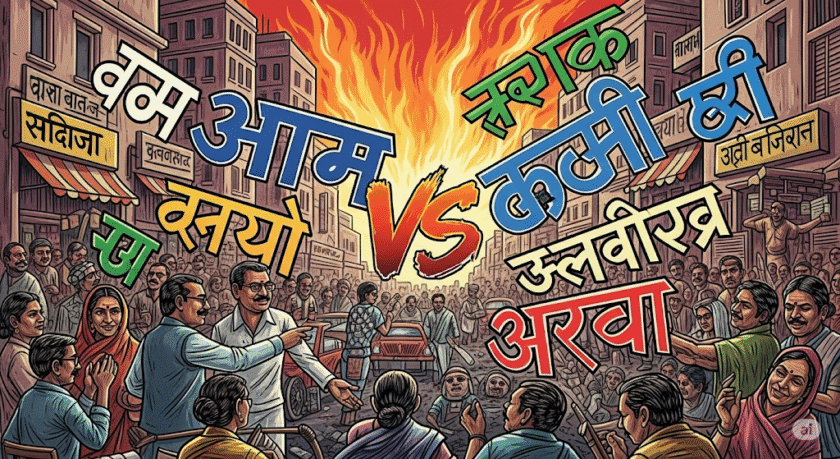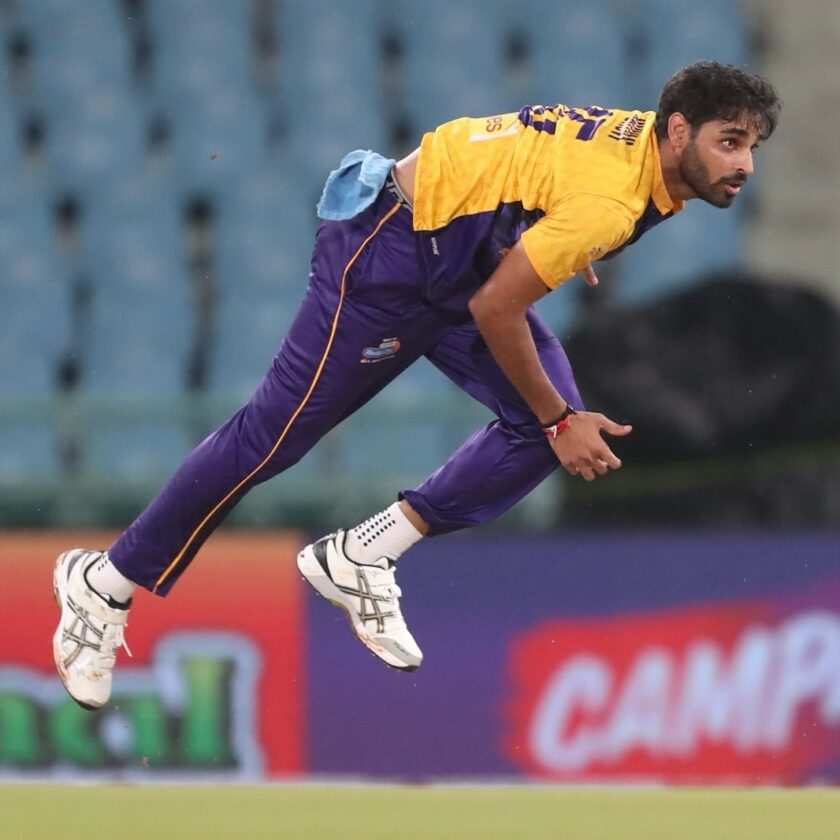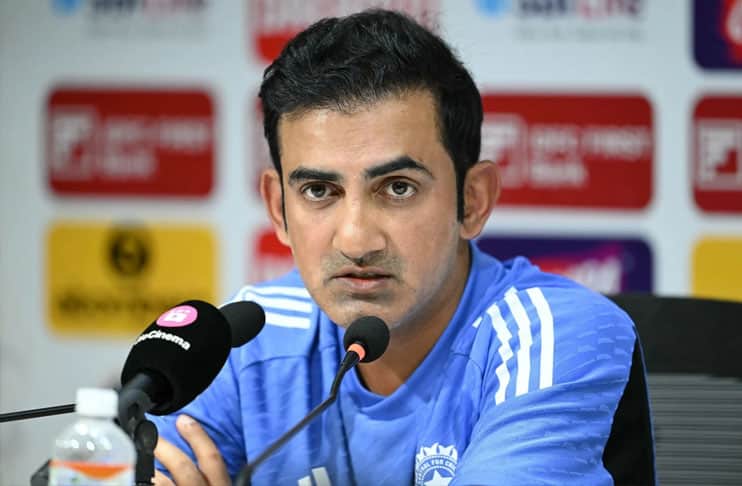Varanasi: The 25th meeting of the Central Zonal Council was held in Varanasi, Uttar Pradesh, under the chairmanship of Union Home Minister Amit Shah. This high-level gathering, attended by Chief Ministers of Uttar Pradesh (Yogi Adityanath), Madhya Pradesh (Mohan Yadav), Chhattisgarh (Vishnu Deo Sai), and Uttarakhand (Pushkar Singh Dhami), along with senior officials, marked a significant step in fostering cooperative federalism and addressing critical regional issues.
The meeting, organized by the Inter-State Council Secretariat under the Ministry of Home Affairs in collaboration with the Uttar Pradesh government, underscored the importance of dialogue and collaboration in achieving balanced socioeconomic development across the four member states.
The Central Zonal Council, established under the States Reorganisation Act of 1956, serves as a vital platform for resolving inter-state disputes, promoting coordination, and ensuring equitable resource utilization. Comprising Uttar Pradesh, Madhya Pradesh, Chhattisgarh, and Uttarakhand, the council addresses issues impacting multiple states and the Centre, aligning with Prime Minister Narendra Modi’s vision of “Team India” for national integrity and development.
The 25th meeting, held at Hotel Taj in Varanasi, deliberated on 19 key issues, including law and order, border security, disaster response, environmental protection, and social development, reflecting the council’s broad mandate.
Amit Shah, as the chairperson of all five zonal councils, emphasized the importance of cooperative federalism in strengthening states to build a stronger nation. He suggested practical measures to address pressing challenges, notably urging states to eradicate child malnutrition, a critical issue affecting India’s future generations. Shah also advocated for ensuring brick-and-mortar banking facilities within a defined radius of every village, enhancing financial inclusion in rural areas. These suggestions highlight the government’s focus on grassroots development and socioeconomic equity.
The meeting saw robust participation from the Chief Ministers, each raising state-specific concerns. Uttarakhand’s Pushkar Singh Dhami highlighted the state’s strategic importance due to its proximity to international borders, advocating for enhanced connectivity under the Vibrant Villages Programme and Bharat Net schemes. He also emphasized Uttarakhand’s pioneering Yoga Policy and plans for spiritual economic zones to boost Ayurveda and tourism, seeking central support for these initiatives. Dhami’s call for policy relaxations, technical support for housing under the Pradhan Mantri Awas Yojana, and measures to address landslides and cloudbursts during monsoons underscored the state’s unique geographical challenges.

Chief Ministers from Uttar Pradesh, Madhya Pradesh, and Chhattisgarh echoed the need for stronger inter-state coordination. Yogi Adityanath, hosting the event, emphasized the council’s role in bolstering national unity, while Mohan Yadav described the discussions as “constructive and visionary,” particularly on health, tourism, and internal security.
Vishnu Deo Sai focused on regional security and development, aligning with the council’s agenda of addressing disputes over property, boundaries, and water-sharing, which often require central intervention. The collective call for an enhanced role for the Border Roads Organisation (BRO) in building infrastructure in border and remote areas further highlighted the meeting’s focus on security and connectivity.
A unanimous resolution was passed lauding Prime Minister Narendra Modi’s leadership and the valor of the Indian Armed Forces, reinforcing the council’s alignment with national priorities.
The discussions also covered critical national issues, such as the implementation of Fast Track Special Courts (FTSCs) for speedy justice and measures to combat illegal infiltration, reflecting the council’s role in addressing both regional and national challenges. Over the past 11 years, 62 meetings of zonal councils and their committees have been held, showcasing the government’s commitment to collaborative governance.
The meeting witnessed a formal dinner hosted by Yogi Adityanath, fostering informal discussions and rapport-building among the leaders. This “dinner diplomacy” complemented the day’s intense deliberations, reinforcing the spirit of collaboration. As the Central Zonal Council continues to evolve beyond its advisory role, the 25th meeting in Varanasi stands as a testament to the power of dialogue in resolving complex issues, promoting regional development, and advancing India’s journey toward a Viksit Bharat (Developed India)





